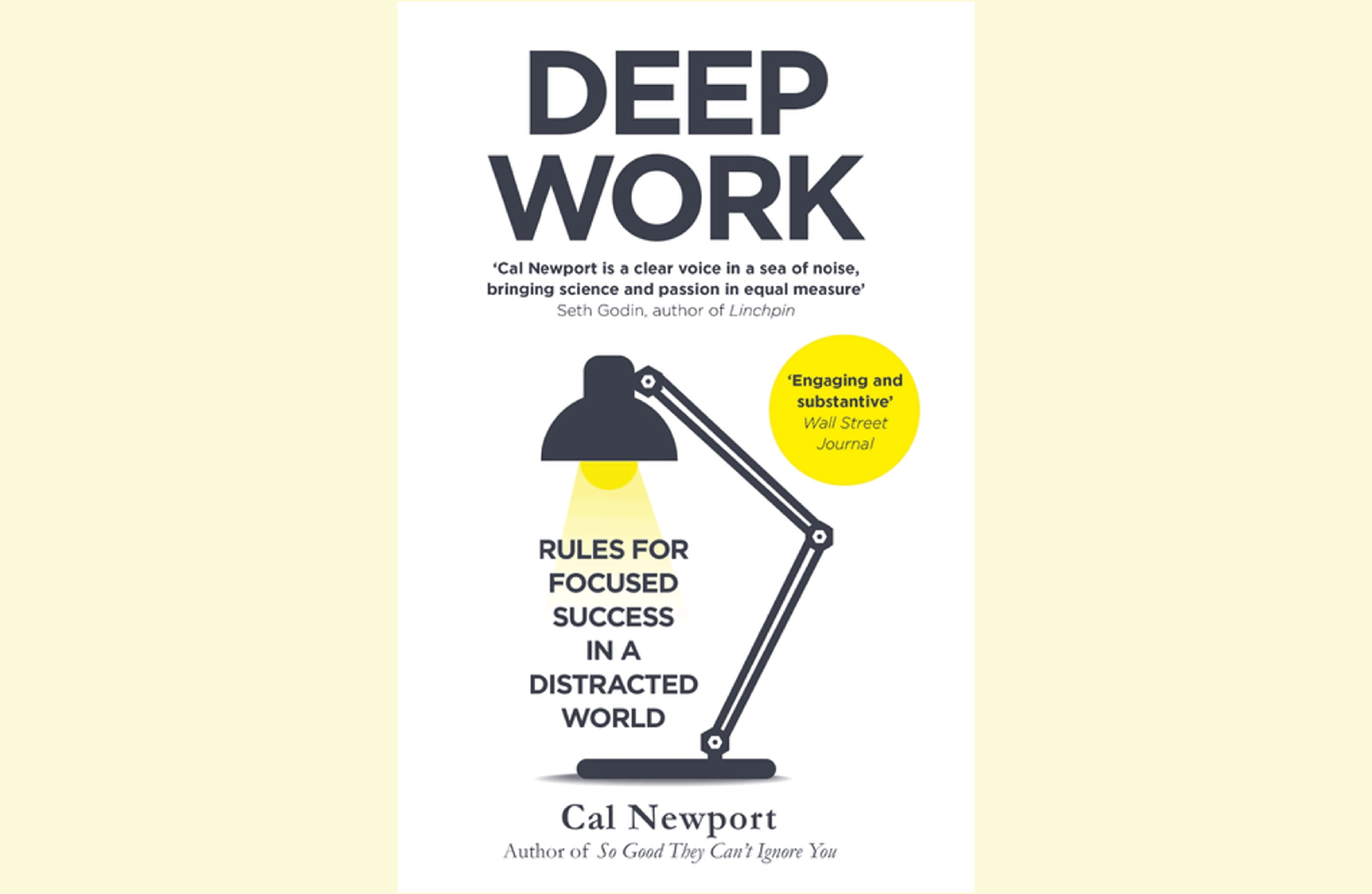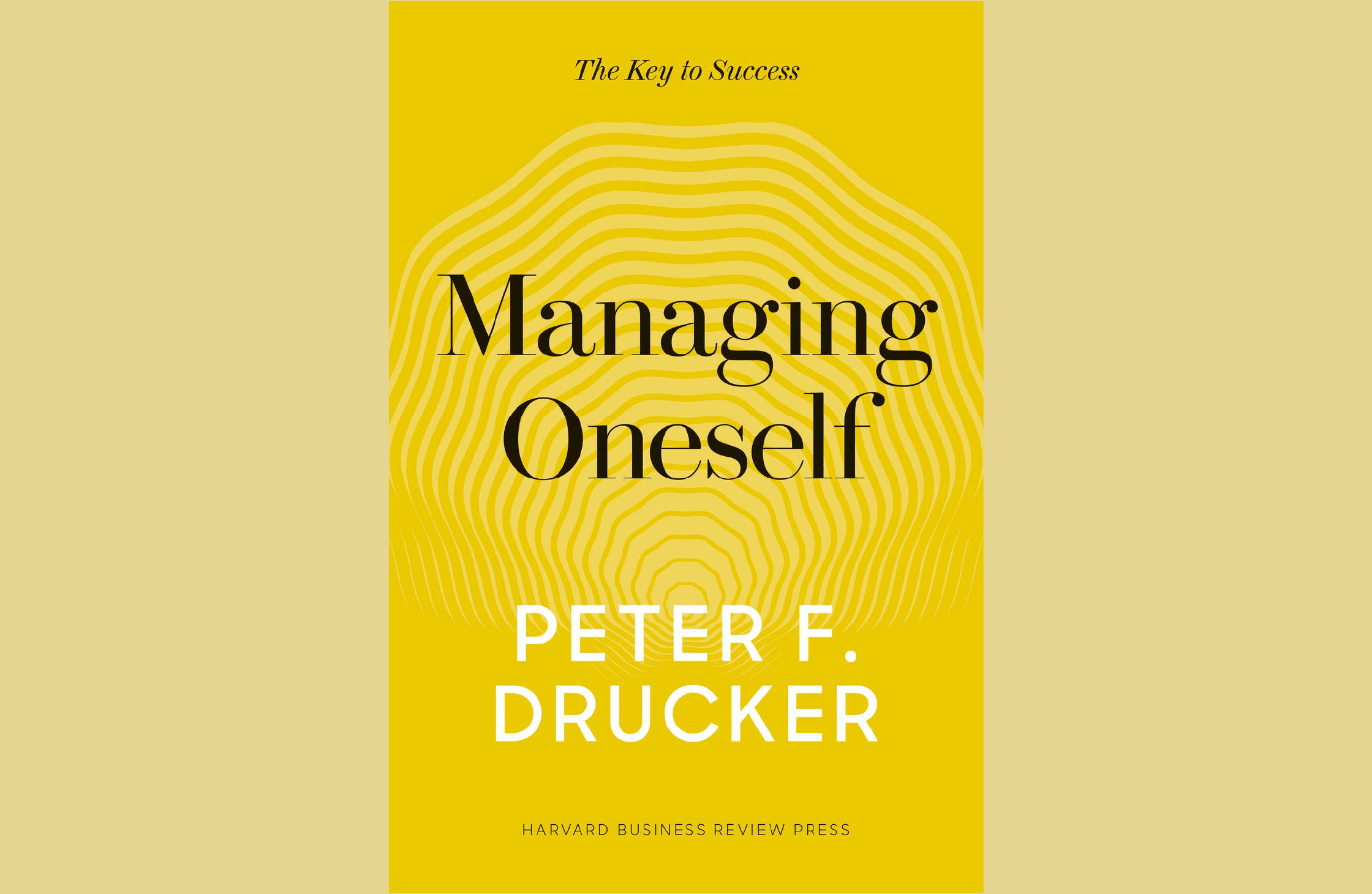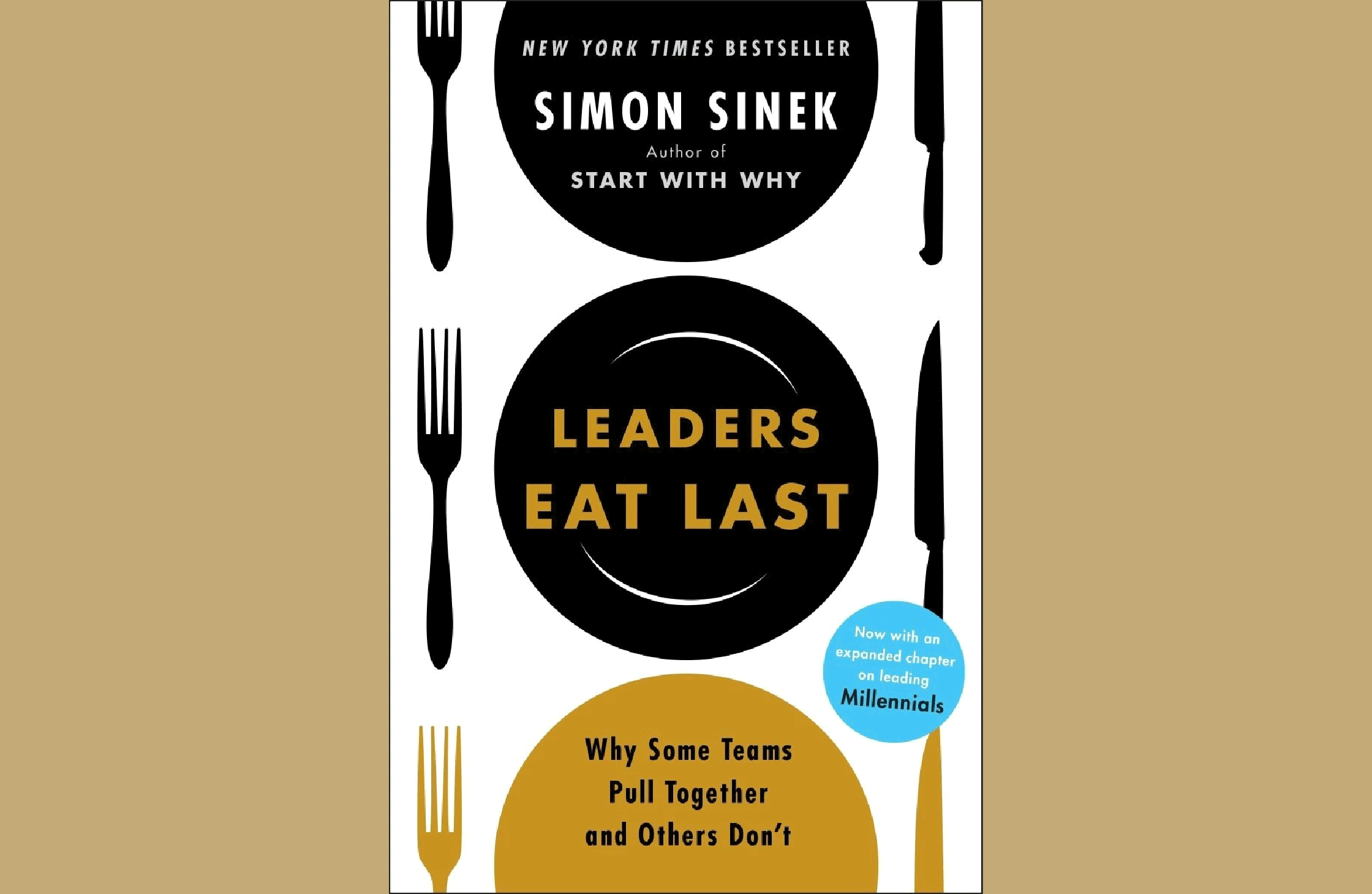Embracing the Triad of Executive Roles: Expert, Manager, Leader
Discover the dynamic roles of executives as experts, managers, and leaders. Learn how each role contributes uniquely to organizational success, with insights, book recommendations, and practical advice for integrating these roles for a balanced and resilient leadership structure.

In my journey through the corporate and entrepreneurial landscape, I’ve come to appreciate the distinct roles that executives can embody: the expert, the manager, and the leader. Each role brings unique strengths and perspectives, shaping the organization’s trajectory in vital ways. Reflecting on my experiences and observations, I see how these roles intertwine to create a dynamic and resilient business environment.
The Expert: Mastering the Craft
Imagine diving deep into the ocean, exploring its depths with a keen eye for detail and an unquenchable thirst for knowledge. That’s how I feel when I immerse myself in the realm of expertise. Whether navigating the intricacies of data analytics or perfecting the art of strategic marketing, being an expert means becoming the beacon of knowledge and solutions in my field.
Deep Knowledge and Technical Proficiency
I recall countless hours spent mastering the nuances of my field. This deep knowledge allows me to tackle complex problems precisely and provide innovative solutions that drive our projects forward. It’s not just about knowing the correct answers but understanding the intricate details others might overlook.
Detail-Oriented Problem-Solver
My role as an expert often involves dissecting problems and identifying the root causes. This detail-oriented approach ensures that we maintain high standards and deliver exceptional results. Seeing how my technical proficiency can elevate our team’s performance and contribute to our collective success is gratifying.

Recommended Books for Experts:
“Deep Work: Rules for Focused Success in a Distracted World” by Cal Newport“
Clarity about what matters provides clarity about what does not.” – Cal Newport
Newport delves into the importance of deep work and focused attention, which are crucial for experts striving to master their craft. He provides practical advice on minimizing distractions and maximizing productivity, helping experts achieve peak performance in their specialized fields.
“Range: Why Generalists Triumph in a Specialized World” by David Epstein
“Our greatest strength is the exact opposite of narrow specialization. It is the ability to integrate broadly.” – David Epstein
While it might seem counterintuitive, Epstein argues that having a broad range of knowledge can enhance expertise. This book explores how diverse experiences and skills contribute to incredible innovation and problem-solving abilities, making it a valuable read for those looking to expand their knowledge beyond their immediate specialization.
The Manager: Orchestrating Efficiency
Think of a symphony conductor meticulously coordinating every instrument to create a harmonious performance. That’s how I see my role as a manager—organizing, planning, and orchestrating resources to ensure our team hits all the right notes.
Organizational Skills and Efficiency
I’ve learned that efficiency is critical to achieving our objectives. I meticulously plan and coordinate activities to ensure that our operations run smoothly. It’s about finding that perfect balance between time, resources, and tasks to maximize productivity.
Team Management and Process-Oriented Approach
Managing a team requires a keen understanding of each member’s strengths and weaknesses. Effectively delegating tasks and fostering a collaborative atmosphere is crucial. I maintain order and consistency by emphasizing established processes and procedures, allowing our team to thrive in a well-organized environment.

Recommended Books for Managers:
“The Effective Executive: The Definitive Guide to Getting the Right Things Done” by Peter F. Drucker
“The best way to predict the future is to create it.” – Peter F. Drucker
Drucker’s classic book provides timeless insights into what makes an effective executive. It covers essential management skills, including time management, decision-making, and prioritization, which are crucial for managers looking to enhance their organizational efficiency.
“High Output Management” by Andrew S. Grove
“Just as you would not permit a fellow employee to steal a piece of office equipment worth $2000, you shouldn’t let anyone walk away with the time of his fellow managers.” – Andrew S. Grove
Written by the former CEO of Intel, this book is a comprehensive guide to managing teams and improving productivity. Grove shares practical strategies for optimizing operations, making it an essential resource for managers aiming to streamline processes and boost team performance.

The Leader: Inspiring Vision and Change
Imagine standing at the helm of a ship, eyes fixed on the horizon, guiding your crew through uncharted waters. That’s how I embrace the role of a leader—inspiring and motivating others to reach new heights and navigate the future confidently.
Visionary Influence
My role as a leader involves setting a clear vision for our organization. I strive to inspire my team, helping them see the bigger picture and understand how their contributions drive us forward. It’s about creating a shared sense of purpose and excitement for what lies ahead.
Change Agent and Empowerment
Leaders are catalysts for change, and I take pride in encouraging innovation and creative thinking. I empower my team members to foster a culture of collaboration and personal growth. Seeing how this empowerment unleashes their potential, driving individual and collective success is rewarding.

Recommended Books for Leaders:
“Leaders Eat Last: Why Some Teams Pull Together and Others Don’t” by Simon Sinek
“Leadership is not about being in charge. It is about taking care of those in your charge.” – Simon Sinek
Sinek explores the principles of effective leadership, emphasizing the importance of creating a supportive and trusting team environment. This book provides valuable insights into how leaders can inspire and motivate their teams, fostering a culture of collaboration and loyalty.
“The Innovator’s Dilemma: When New Technologies Cause Great Firms to Fail” by Clayton M. Christensen
“The reason why it is so difficult for existing firms to capitalize on disruptive innovations is that their processes and their business model that make them good at the existing business actually make them bad at competing for the disruption.” – Clayton M. Christensen
This seminal work on innovation and disruption is crucial for leaders who want to stay ahead of the curve. Christensen explains how even successful companies can fail if they don’t embrace change and innovation, offering strategies for leaders to drive continuous improvement and adapt to evolving market conditions.
Further Reading Recommendations
For those interested in delving deeper into the nuances of executive roles and career development, I highly recommend these additional readings:
“To Be or Not to Be: Manager or Individual Contributor?” by Melroy E. D’Souza, Arnold Lund, Sanjay Batra, and Barry Beith
This panel discussion from the Proceedings of the Human Factors and Ergonomics Society Annual Meeting explores the critical decision between becoming a manager or remaining an individual contributor. It provides valuable insights into the business and professional skills required for each role, making it an essential read for HF/E professionals at any career stage. Read more
“Becoming the Boss” by Linda A. Hill
Hill’s article in the Harvard Business Review examines the transition from star performer to effective manager. She discusses the challenges and misconceptions surrounding this shift and provides practical advice for new managers on succeeding in their roles. Read more

Integrating All Three Roles: A Harmonious Balance
Reflecting on my journey, I realize that the most influential executives integrate these three roles seamlessly. As an expert, manager, and leader, I strive to leverage my strengths in each area to create a harmonious and resilient leadership structure.
Leveraging Expertise for Strategic Decisions
My deep knowledge as an expert informs my strategic decisions, ensuring we navigate complex challenges confidently. This technical foundation allows me to make informed choices that propel us towards our goals.
Ensuring Operational Efficiency
As a manager, I focus on the nuts and bolts of our operations. By maintaining efficiency and organization, I create a stable environment where our team can perform at their best. This structured approach ensures that we meet our short-term objectives while staying aligned with our long-term vision.
Inspiring Innovation and Growth
As a leader, I aim to inspire and motivate our team to reach new heights. By fostering a culture of innovation and continuous improvement, I help drive our organization toward a future filled with possibilities.
Conclusion
Embracing the triad of experts, managers, and leaders has been transformative. Each role brings unique strengths that, when harmonized, create a powerful force driving organizational success. As I continue to navigate my path, I remain committed to leveraging these roles to inspire, organize, and elevate our collective potential. Together, we can achieve greatness and build a brighter future for our organization.


